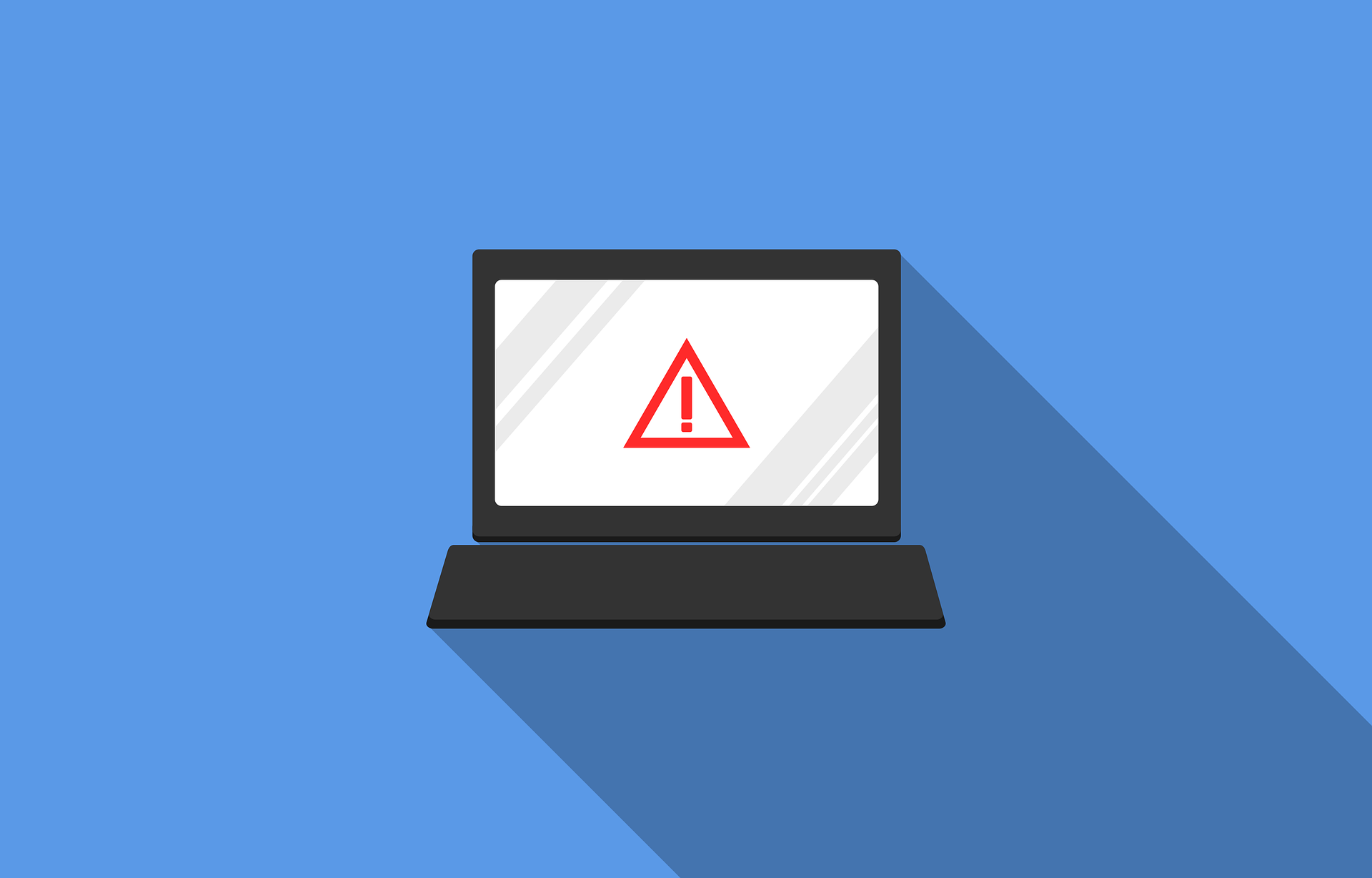In recent months, Amman has witnessed widespread protests and a popular rejection of an amended cybercrime bill that contains provisions that restrict freedom of expression online and the right to privacy.
As a consequence, on December 9, 2018, the Jordanian government announced the withdrawal of the draft law of 2015. The withdrawal came at the request of MP Atef Tarawneh, President of Parliament in Jordan, under the pretext of re-evaluating and modifying the draft so that it better aligns with existing penal legislation.
However, 48 hours after the withdrawal, on December 11, the government added new amendments to the bill before sending it back to Parliament for a vote. Human rights activists and civil society organizations interpreted the move as an attempt to hide what in fact represents a flagrant violation of fundamental rights and freedoms guaranteed by the Jordanian Constitution. The government has refused to engage in any dialogue with community stakeholders at the national level on any text related to the cybercrime bill, and especially not with those who have reservations about the latest amendments.
On February 19, 2019, the Jordanian Parliament discussed the cybercrime bill at its 22nd session. The session concluded with a majority voted in favor of MP Abdelkrim Daghmi’s proposal to refer the bill to the Jordanian government for the purpose of introducing necessary amendments to some articles, especially those related to hate speech and “fake news.”
The context for digital rights in Jordan
The draft cybercrime legislation, originally introduced in 2015, is meant to update the “internet regulation” law passed by the Jordanian government in 2010. That law was widely condemned by civil society groups since the government passed it in the absence of a parliament. Consequently, the draft modified in 2018, soon to be voted on by Parliament, represents a second update of the law.
It is in this context that the recent amendments submitted by the government are raising concerns among civil society organizations and activists. The most recent amendments introduce an ambiguous definition of “hate speech,” defined as “every writing and every speech or action intended to provoke sectarian or racial sedition, advocate violence or foster conflict between followers of different religions and various components of the nation.” This vague language could be interpreted to apply to particular online content regardless of whether it is actually intended to incite hatred or harm, or even represents a threat. Moreover, the amended text would serve to smudge the line between hate speech and legitimate criticism of public figures on social media. It proposes criminal penalties for vaguely defined hate speech, which would allow authorities to detain anyone suspected of spreading hate speech for 24 hours to seven days, subject to extension for a period of one month. These provisions could easily be used to target activists and human rights defenders.
Additionally, the government amended Article (9) to criminalize sending or publishing any information that may contain “sexual content or indication” regardless of the sender’s intention. For example, if a law enforcement officer seizes a “group conversation” on a social media platform (such as WhatsApp or Facebook Messenger) that may contain pornographic material — even if such material exists in the context of discussing sexual or medical conditions — members of the group might face charges by the public prosecutor, without the filing of separate complaints. Furthermore, the government amendments increase the penalties associated with sending or publishing pornographic content: fines are increased and jail time is pushed from three to six months.
Furthermore, the government amended Article (2) to add the term “applications” to the definition of an information system, which means that smart phone apps, such as WhatsApp, Viber, and others, would be subject to mass surveillance, which can restrict the freedom of expression. In addition, Articles (11) and (13) now penalize defamation online and give the government the power to confiscate, suspend, and search personal computers and information systems, thereby violating individuals’ right to privacy.
Next steps: re-open dialogue to protect human rights
We call on the Jordanian government to reopen the dialogue on the cybercrime bill to ensure that the draft law does not undermine fundamental rights, such as the rights to privacy and free speech, which are safeguarded by the Jordanian Constitution under Article (7), which states “Every infringement on rights and public freedoms or the inviolability of the private life of Jordanians is a crime punishable by law,” and Article (15), which states “(i) The State shall guarantee freedom of opinion. Every Jordanian shall be free to express his opinion by speech, in writing, or by means of photographic representation and other forms of expression, provided that such does not violate the law.” If the government passes the draft cybercrime bill with provisions that harm human rights, Jordan’s rank in Freedom House’s global index of internet freedom is likely to decrease significantly.
Access Now supports the position of 7orya Net campaign, Jordan Open Source Association, and other human rights organizations that have been working to raise awareness and push back against the effort to pass the cybercrime bill in its current form. We also call upon all concerned activists to maintain their position—rejecting measures aimed at violating basic rights and preventing a free and open internet for all in Jordan.
How you can help: share this post and speak out
Help support human rights by sharing this post with your networks and speaking out on social media using these hashtags in Arabic:
#اسحب_قانون_الجرائم_الإلكترونية، #حقك_تعرف.
Or in English: #withdraw_cybercrime_law
